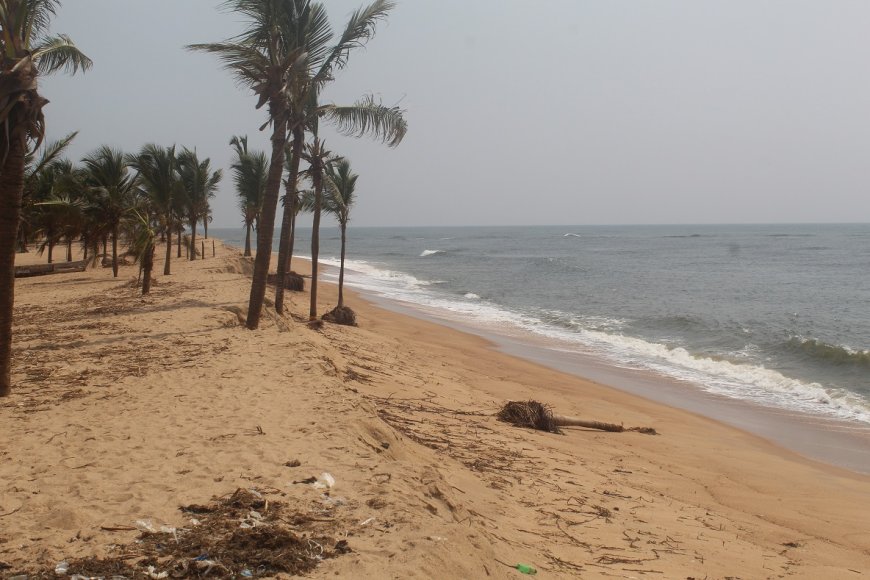
Background
Climate change is a global challenge that poses significant threats to communities worldwide. In Africa, the impacts are particularly acute, affecting livelihoods,food security, the environment and the health and well- being of the most vulnerable populations. Nigeria, Ghana, and Senegal are among the African countries most vulnerable to the adverse effects of climate change, including rising temperatures, erratic rainfall, floods, and extreme weather events. These nations have made policy commitments to address climate change as reflected in their Nationally Determined Contributions (NDCs), as well as other nations policies and implementation strategies. However, achieving meaningful climate adaptation and building resilience, especially at the local level, has been elusive. This has left the lives and livelihoods of current and future generations at risk. To understand what policies and implementation strategies each county has adopted to address current adaptation needs and build resilience at the local level, APRI in collaboration with local researchers, institutions, policy makers and diverse stakeholder implemented a two year project with a focus on locally-led adaptation (LLA), that involved:
- An extensive literature review and mapping of the NDC as well as other national policies strategies to assess the climate adaptation landscape, stakeholders, the status of implementation processes, as well as the consistency or inconsistency with local adaptation policies, strategies, practices, needs, and priorities of local communities
- Consultation and involvement of diverse stakeholders, including national Climate Change policy implementers, academic institutions, technical support non-governmental organizations, civil society organizations, local community representatives, and private and public sector to gather information and knowledge on the state of climate action, gaps, shortcomings and needs of actors for a better integration of locally-led adaptation into climate policies at the national and territorial level;
- deep dives of three case studies on local adaptation actions according to key priority adaptation sectors in each country including:
- Senegal: Health, agriculture and coastal erosion,
- Nigeria: Energy, fish farming and aquaculture and land degradation,
- Ghana: Agriculture, waste management, coastal erosion and flooding.
The deep dives provided a better understanding of the challenges and opportunities to advance climate solutions that are focused on the priorities and particular needs of people in different ecological zones in each country.
The Webinar
To this end, the webinar brought together the researchers from Ghana, Nigeria and Senegal to share the findings, lessons learned, and experiences that could be useful for cross- country adaptation actions. The researchers also highlighted specific recommendations for local and international policy makers and partners, to guide decision making on how to support and implement effective and long-term adaptation processes addressing the twin challenges of climate change and sustainable development in African countries, without undermining or unnecessarily constraining policy space.
The Speakers
Dr. Albert Arhin
Dr. Albert Arhin is a Climate Change Fellow in Ghana
Dr. Chukwueloka U. Okeke
Dr. Chukwueloka U. Okeke is a Climate Change Fellow in Nigeria
Dr. Ibrahima Sy
Dr. Ibrahima Sy is a Climate Change Fellow in Senegal
Moderation
Dr. Grace Mbungu
Dr. Grace Mbungu is a Senior Fellow and Head of Climate Change Program